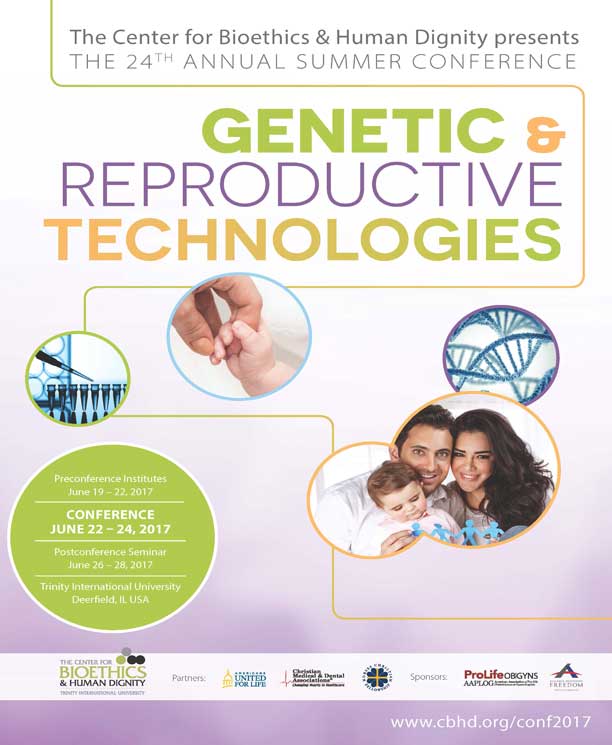
With the development of the CRISPR/CAS 9 as a gene editing tool, the possibility of precise genome editing was realized. Along with the advent of this new technology, arose questions about the ethics of manipulating the human genome. Despite an initial moratorium on the use of the CRISPR/CAS 9 genome editing in human subjects, this past year the first clinical trial involving human subjects, using CRISPR/CAS 9 began being conducted. There was initial pause with the application of this tool to clinical settings, asking the question, now that we are able to precisely edit the human genome, should we? However, this question was considered at an international summit, and a “consensus statement” was produced, recommending to move forward with the use of this new tool in human beings. Yet, who was invited to consider the ethics of this issue? Consensus for the use of CRISPR/CAS 9 in humans was claimed to be reached, and the scientists moved forward with their research, yet many voices were excluded from the conversation, notably those who recognize the value of life from the point of conception. In this paper, we question the use of forum shopping for “consensus” statements, arguing that ethical questions and consensus seeking should not forum shop to exclude dissident voices, and simultaneously claim consensus has been reached.